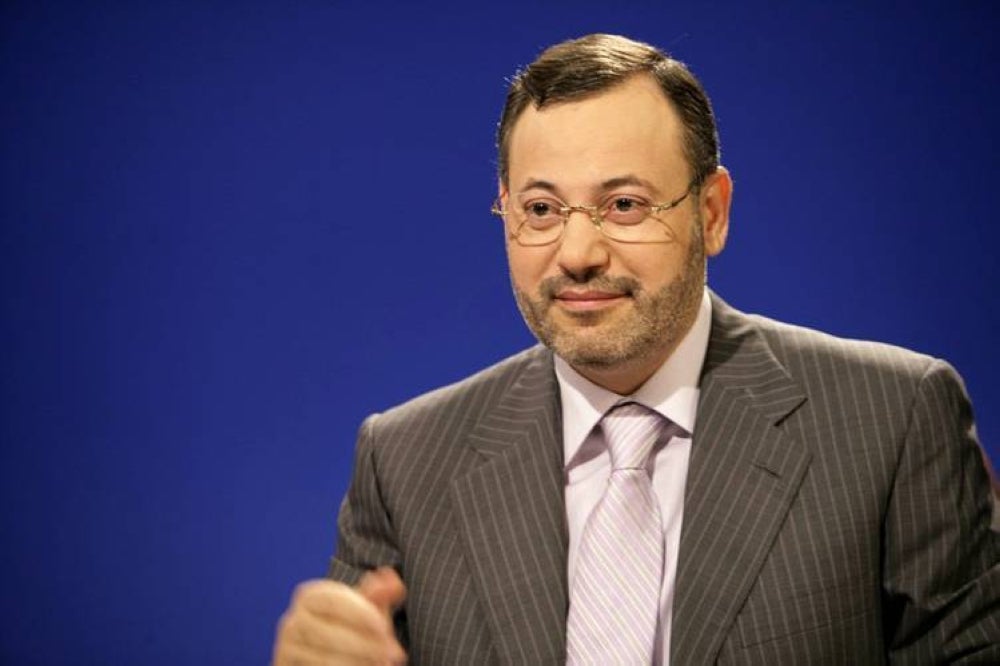Israel’s plan in Gaza?
FREE PALESTINE
IN the ever-evolving landscape of geopolitics and conflict, few individuals have left an indelible mark on the world of journalism quite like Ahmed Mansor.
A veteran correspondent for Al Jazeera Media, Mansor’s career has been defined by his unwavering commitment to reporting from some of the most tumultuous and dangerous regions on the planet.
From the battlefields of Afghanistan and the streets of Basra in Iraq to the war-torn landscapes of Bosnia and Herzegovina, Ahmed Mansor has brought the harsh realities of global conflicts to the forefront of public consciousness.
Today, we delve into a subject of paramount significance — “Israel’s Plan in Gaza,” as seen through the discerning eyes of this intrepid journalist.
With a wealth of experience garnered from years of frontline reporting, Ahmed Mansor offers unique insights and a nuanced perspective on the complex dynamics at play in the Gaza Strip. Let us explore the intricate web of political, social, and humanitarian issues that define the ongoing situation in Gaza, all through the astute lens of one of Al Jazeera’s finest correspondents.
After nearly a month of the brutal Israeli military campaign in the Gaza Strip, Israel’s plan towards Gaza and Hamas has become substantially clear. This clarity is evident through the statements made by Israeli officials and their American supporters who endorse Israel’s plans for Gaza.
Most recently, US Secretary of State Blinken’s statements in Amman yesterday emphasized that the war will not cease until Hamas is eliminated.
The following are outline Israel’s objectives and goals in the war on Gaza.
Destruction of Gaza:
Israel’s primary objective is to destroy as much of Gaza’s neighborhoods, houses, infrastructure, and services as possible, making life there extremely difficult for those who refuse to leave.
Israel has executed this plan by targeting entire residential areas in most of Gaza’s neighborhoods, leaving tens of thousands of homes either demolished or uninhabitable.
Furthermore, Israel has targeted water reservoirs, power stations, solar energy generators, hospitals, schools, mosques, and churches — anything that might incentivize the people of Gaza to stay. Israel continues to destroy any service infrastructure that could help the people of Gaza endure and thwart their displacement plan.
Creating Safe Passage:
The United States claims to aim for the creation of a safe passage for Gaza residents to Egypt. However, this aligns with a long-standing plan dating back to 2015, which Egypt has already partially implemented.
This plan involves the destruction of tunnels, levelling towns and villages near Gaza’s borders, tightening the blockade, and establishing walled-in, guarded cities or residential areas to accommodate those displaced from Gaza.
President Biden and Israeli leaders have spoken about the relocation of Gaza’s population to Egypt, even when facing token opposition or financial negotiations.
This relocation, if successful, will likely come with significant costs for the Egyptian government, including the forgiveness of debts and the stabilization of a struggling economy. Despite official Egyptian denials, this is likely done to appease an already relatively quiet domestic population.
Complete Military Occupation:
Israel’s next objective is a temporary, full military occupation of Gaza after settling its neighborhoods on the ground.
This entails militarily defeating Hamas, disarming the group, eliminating its leaders, and prosecuting its members. Israel has made legal amendments in recent days in the hope of achieving these goals.
International Supervision or Palestinian Authority Control: Following this, Gaza would be placed under international oversight, handed over to the Palestinian Authority, or returned to the pre-1967 situation, governed by an Egyptian military ruler before withdrawal. The Turkish President recently expressed Turkey’s willingness to take on a role in Gaza similar to its administration of Turkish Cyprus, but it is highly unlikely that Israel would accept this proposition.
Conclusion:
These are the main elements of Israel’s plan for Gaza if it succeeds in occupying the territory.
Former US Middle East peace envoy Dennis Ross recently wrote in The New York Times that he had spoken with many Arab leaders who support the elimination of Hamas but are hesitant to announce it due to fear of their populations.
Observing the month-long silence of most Arab governments in response to unprecedented war crimes in Gaza, it is evident that Israel could not have carried out its actions without at least minimal Arab support or acquiescence.Israel’s dreams and plans for Gaza are underpinned by Western and Arab support.
However, the crucial question remains: Can they execute this plan? The answer is a challenging and complex one, particularly in light of Hamas’ counterplan, which we will explore in a future article.
Abbod Al-Khwlidi
Written by Free Palestine.
The views expressed in this article are the author's own and do not necessarily reflect those of Sinar Daily.











